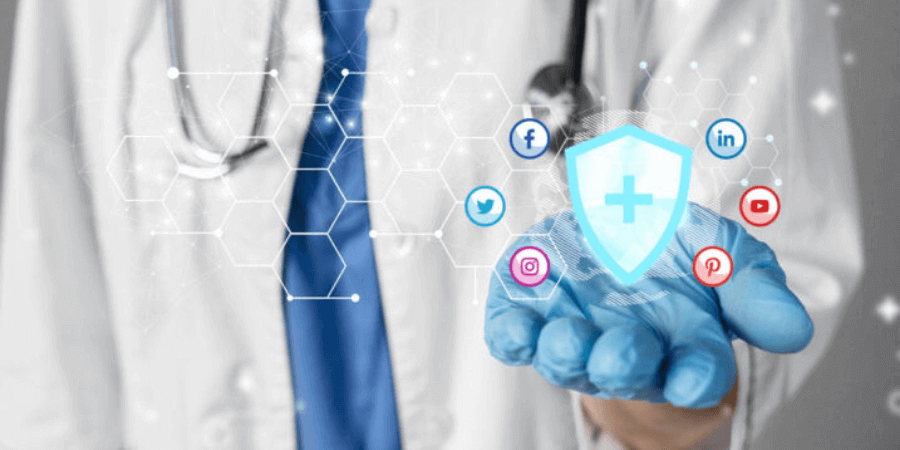Social media has become deeply embedded in society, transforming communication and interaction across industries. One sector experiencing significant change is healthcare. From patient education to professional networking, social media’s role in healthcare continues to expand. This fosters patient-centric care and efficient information sharing. Let’s explore social media’s profound impacts on healthcare.
Arguably the most significant impact is the democratization of health information. Patients are no longer passive care recipients, but active health journey participants. Platforms like Facebook, Twitter and health forums enable patients to seek information, share experiences, and engage in discussions. This peer education empowers patients, builds health literacy, and enables informed decisions.
Similarly, social media enhances patient engagement. Through interactive content, live chats and webinars, providers connect with patients outside clinics. They can share updates, address concerns and provide tips, improving patient-provider relationships. With patient experience vital today, social media boosts satisfaction and engagement.
Additionally, social media plays a key public health communication role. During crises like COVID-19, platforms provided real-time updates. Organizations shared guidelines, debunked myths and provided disease and vaccine updates. While misinformation is a challenge, social media can responsibly advocate public health.
Social media also enables professional networking and collaboration. Platforms like LinkedIn, Twitter and Doximity allow global connection, discussion and collaboration. This facilitates knowledge sharing, peer support and improves healthcare quality.
For institutions, social media is a branding and marketing strategy. A strong presence builds reputations, attracts patients and recruits talent. It showcases successes, innovations and research, creating competitive advantage.
Appropriately utilized, social media data also provides valuable insights into patient behaviors, policy sentiments, and disease trends. These can inform care strategies, policies and disease prediction models, making social media a potential health data goldmine.
However, integration faces challenges. Privacy and data security are paramount concerns, necessitating confidentiality and regulatory adherence in provider interactions. Combating misinformation and ensuring credibility are also crucial. User digital literacy enables effective platform use.
But these challenges don’t diminish social media’s transformative healthcare potential. Comprehensive policies, user education and credibility checks are key enablers.
Social media integration signifies a shift towards more interactive, patient-focused care. Its influence will continue growing. Responsible harnessing creates accessible, transparent and connected systems.
As digital immersion increases, staying updated and adaptable is critical. Social media’s healthcare impact provides opportunities and challenges. Its connectivity, information access and empowerment are remarkable. However, patient safety, privacy and credibility must come first.
In conclusion, social media has indelibly transformed healthcare communication, information access and professional connections. As we unlock its potential, we must balance innovation with responsibility to ultimately enhance care and improve outcomes.





